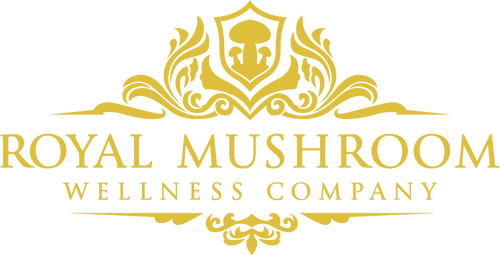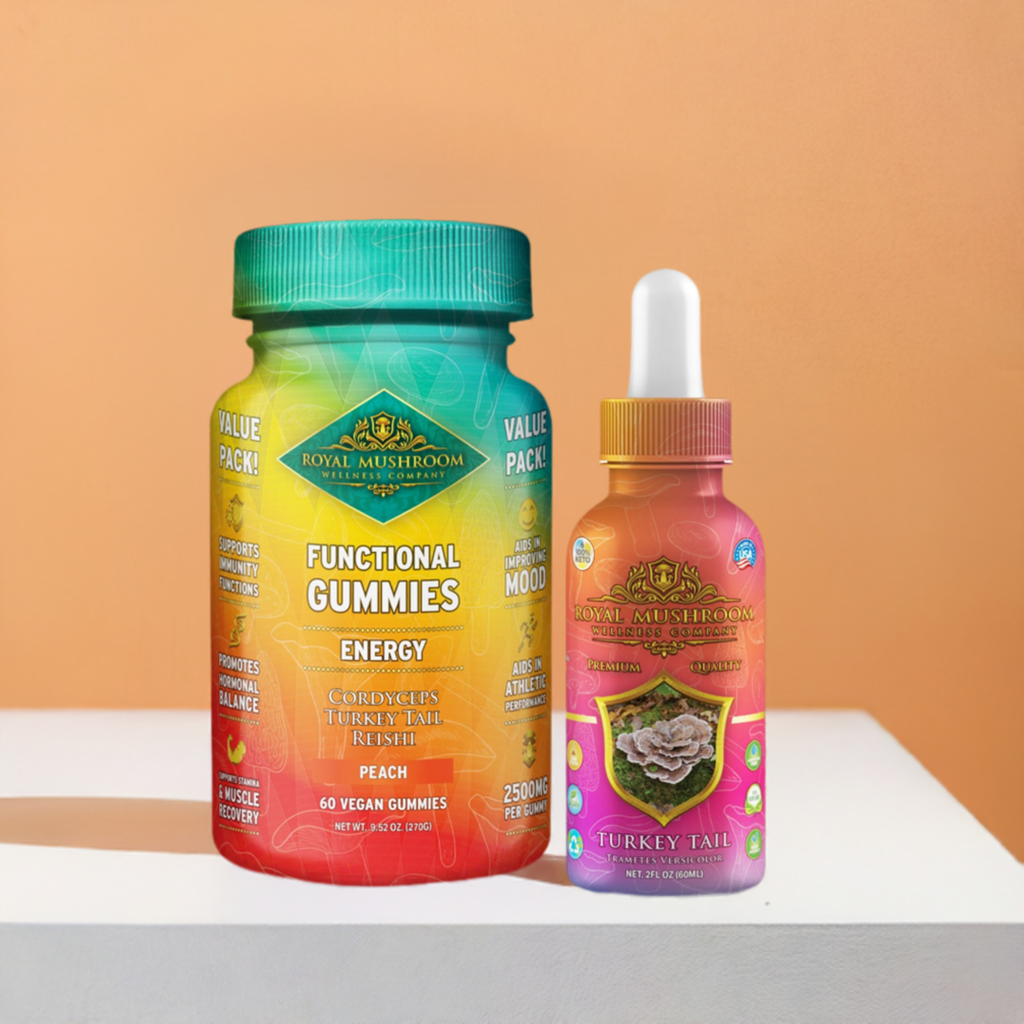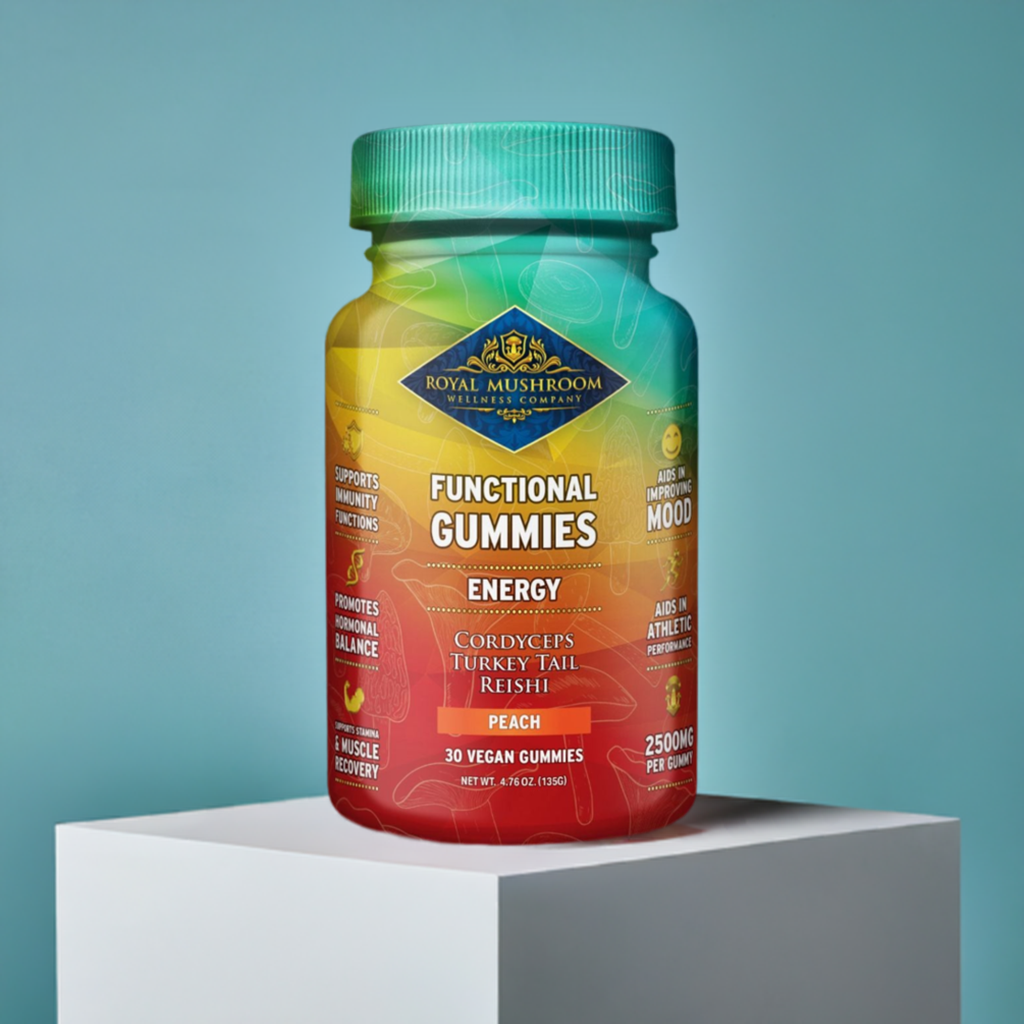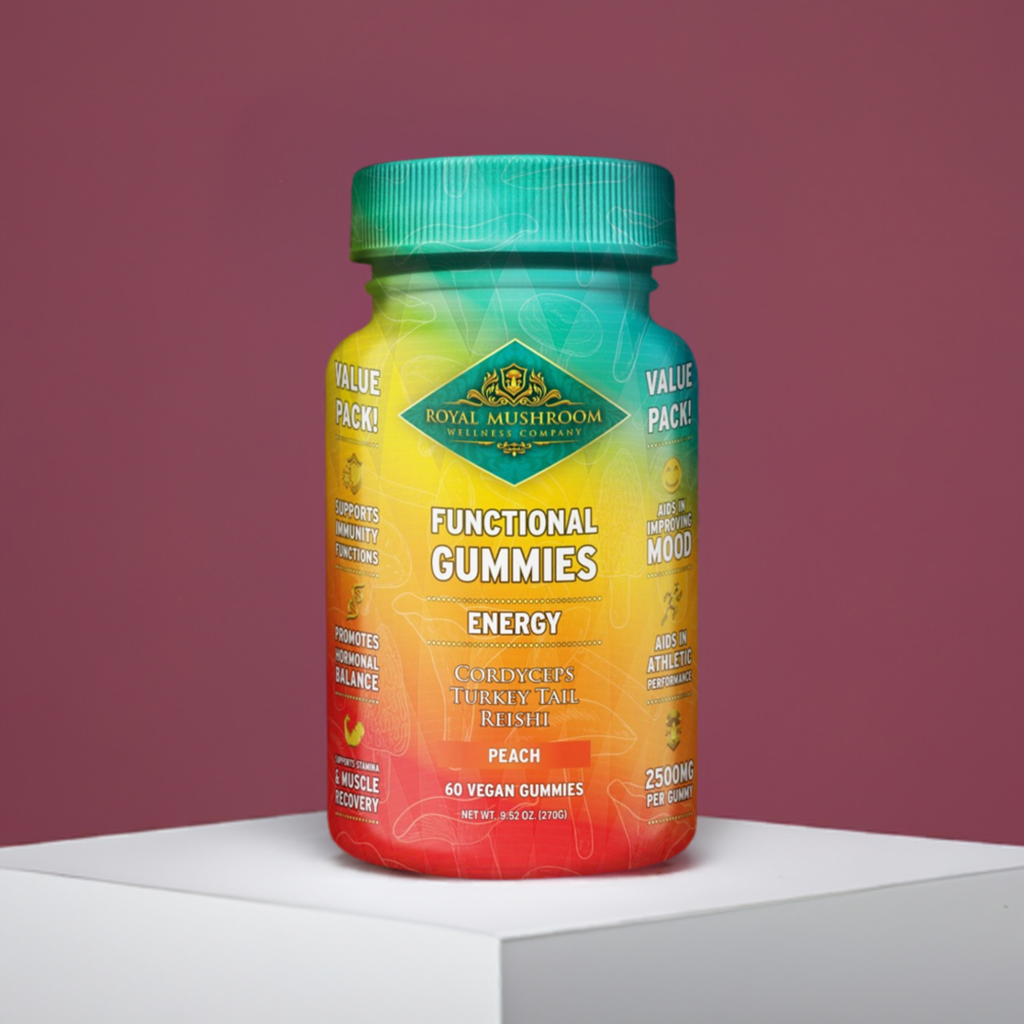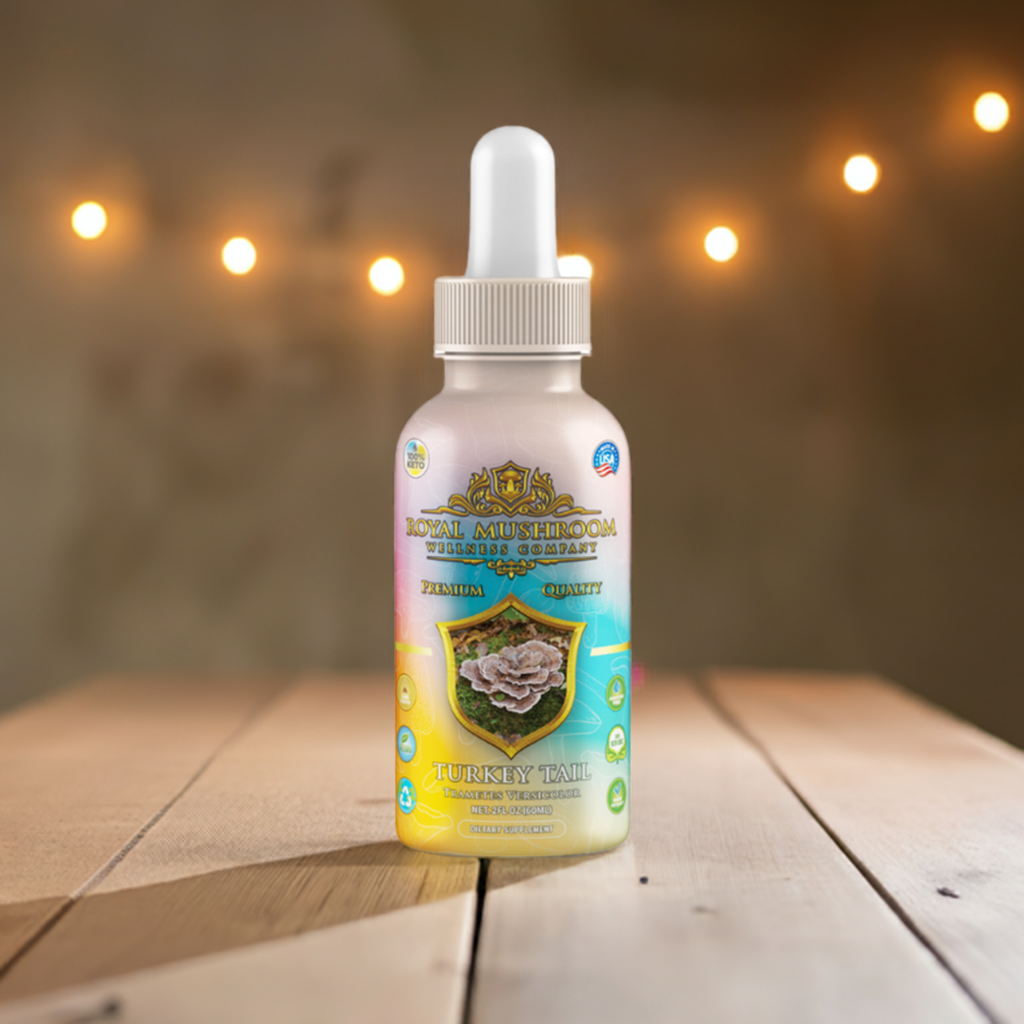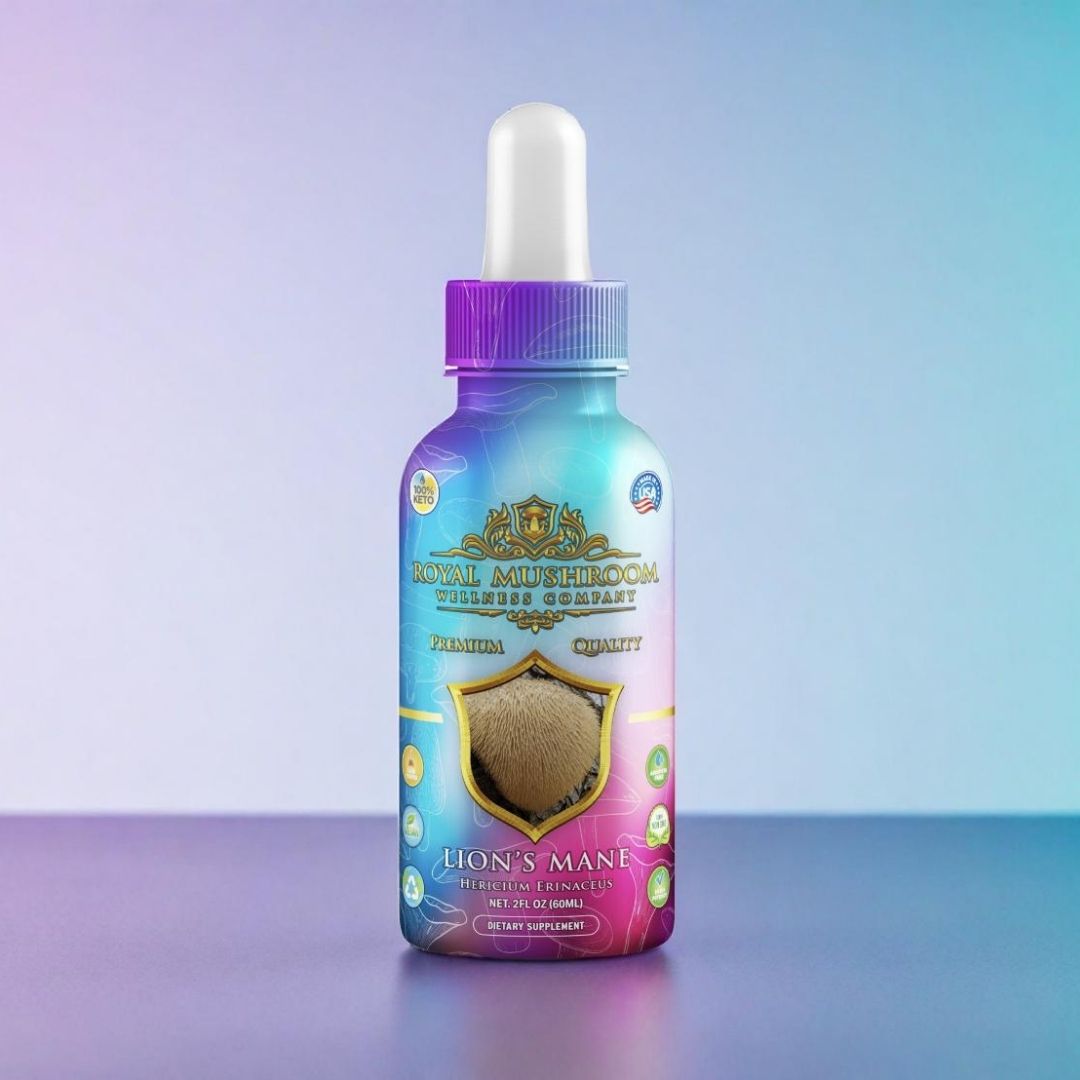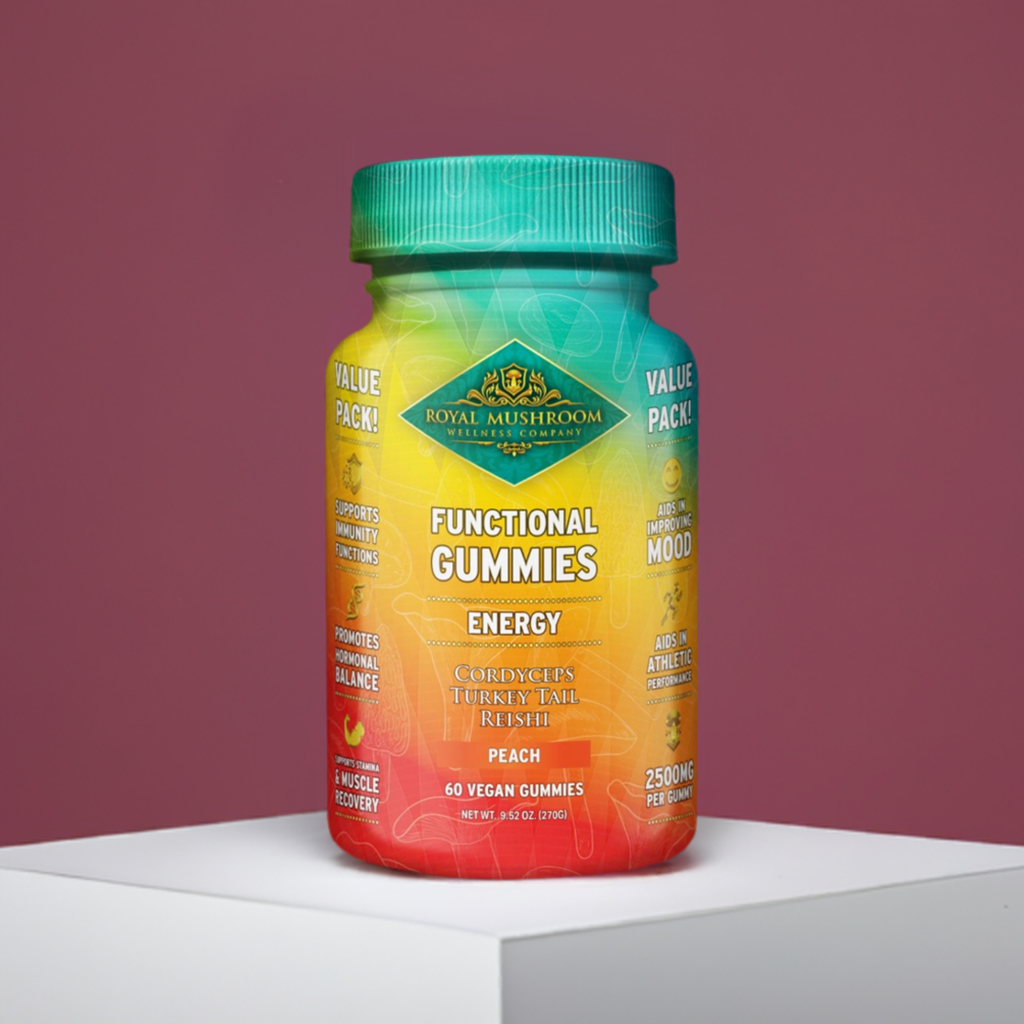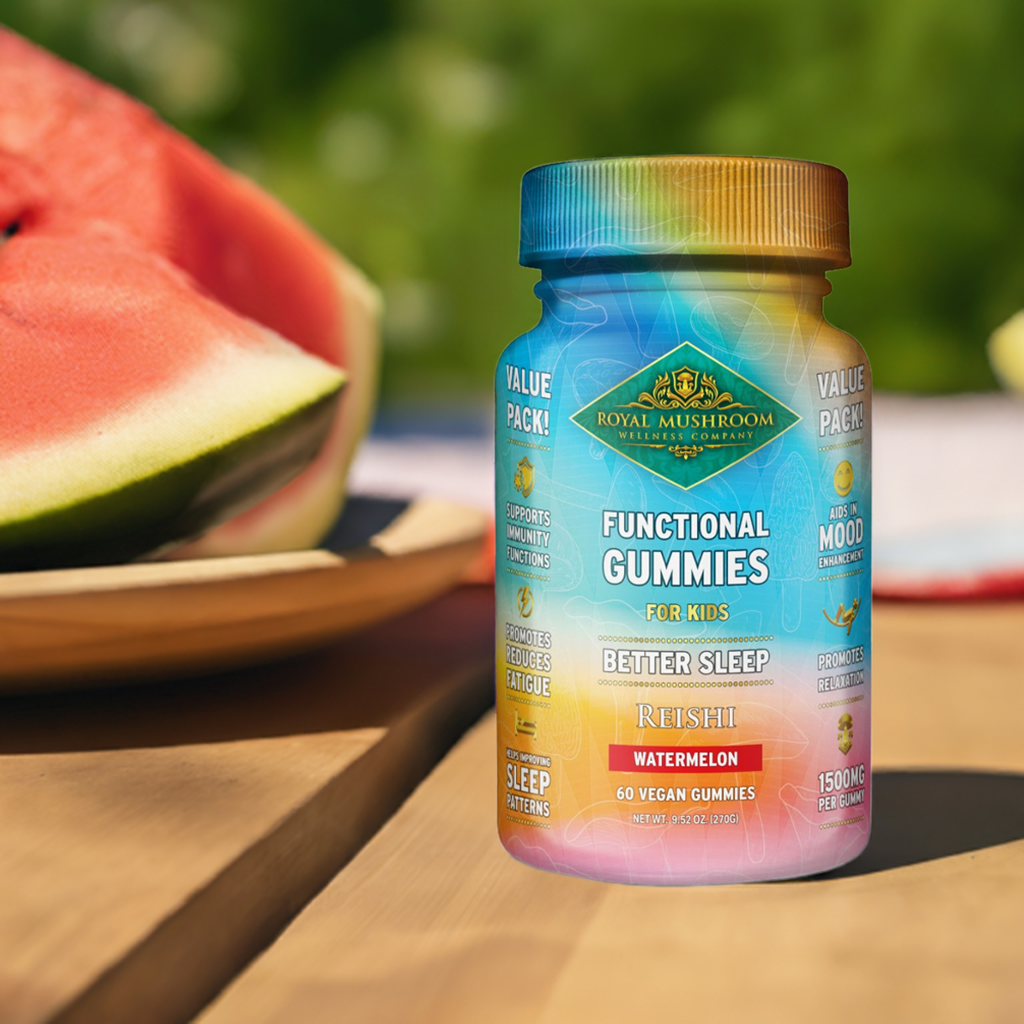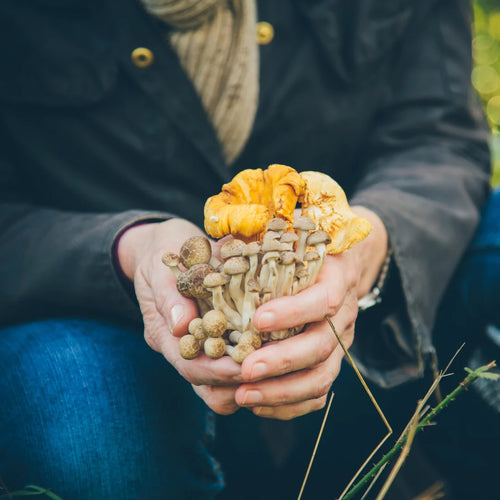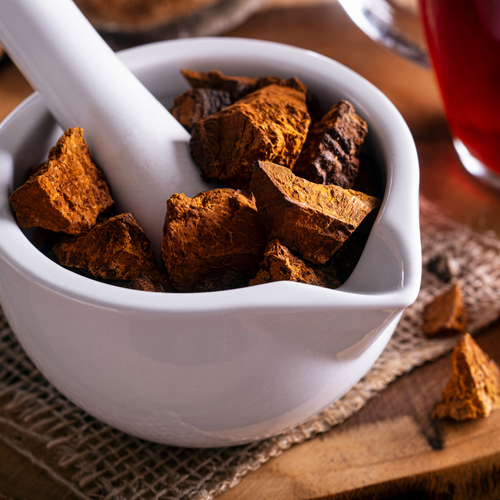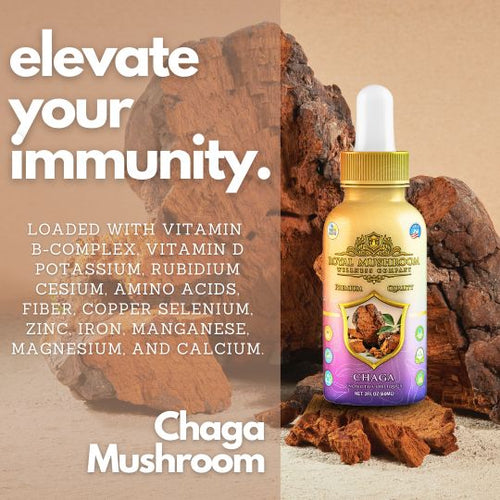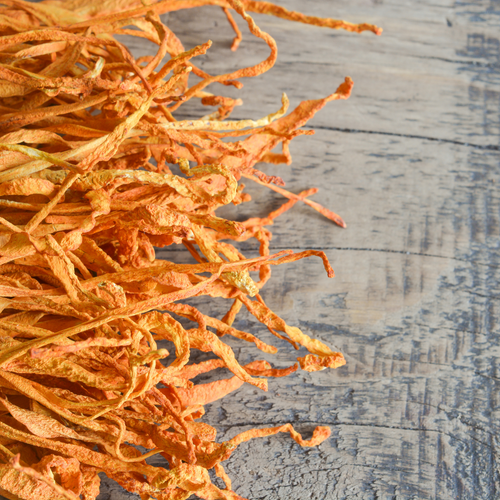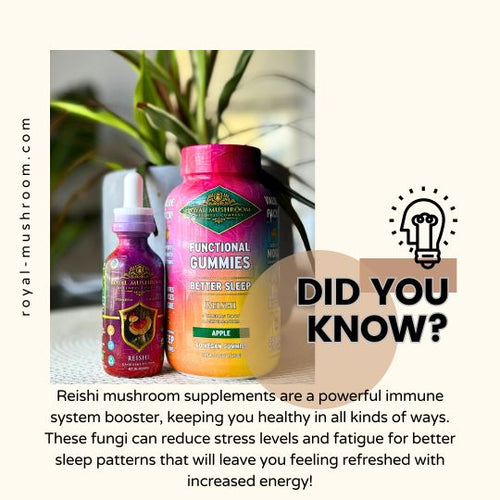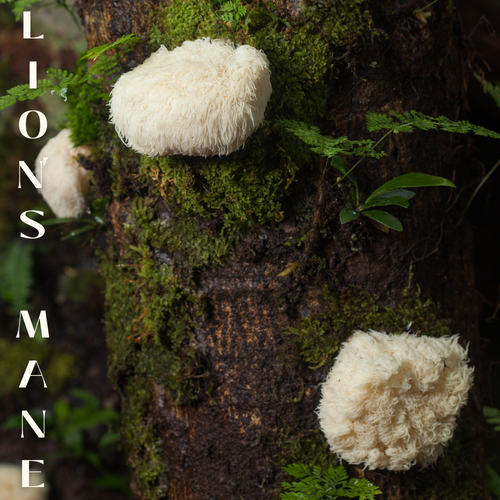For centuries, mushrooms have played a vital role in traditional medicine, offering natural support for immune health and longevity. Among them, Turkey Tail mushrooms (Trametes versicolor) have drawn special attention in modern research for their potential role in supporting breast cancer patients. Backed by decades of clinical data, Turkey Tail mushrooms may offer immune-modulating and antioxidant benefits that complement conventional cancer treatments — without replacing them.
---
What Is the Turkey Tail Mushroom?
Trametes versicolor, commonly known as Turkey Tail due to its colorful, fan-like appearance, is a medicinal mushroom prized for its polysaccharide compounds such as PSK (polysaccharide-K) and PSP (polysaccharopeptide). These bioactive molecules are studied for their ability to regulate immune function and promote overall wellness.
Active Compounds in Turkey Tail
- PSK (Polysaccharide-K): A protein-bound polysaccharide known for its immune-boosting and potential anti-tumor effects.
- PSP (Polysaccharopeptide): Supports the gut microbiome and immune regulation.
- Beta-glucans: Complex sugars that stimulate macrophages and natural killer (NK) cells, strengthening the body’s natural defense mechanisms.
These compounds make Turkey Tail one of the most researched functional mushrooms for breast cancer and integrative oncology support.
---
The Link Between Turkey Tail Mushrooms and Breast Cancer
Scientific interest in Turkey Tail mushroom cancer research began in Japan in the 1970s when researchers discovered PSK’s potential in supporting cancer therapy. Since then, several clinical trials have explored the role of PSK Turkey Tail supplements as part of integrative cancer care.
- PSK has been approved in Japan as an adjunct cancer treatment, particularly for gastric and breast cancers.
- Studies show PSK enhances immune cell activity, improving the body’s response to conventional therapy.
- PSP supports gut microbiome health, which is vital for immune balance during chemotherapy.
While these findings are promising, it’s important to emphasize that Turkey Tail is not a cure for breast cancer — rather, it serves as a natural adjunct therapy to support recovery and immunity.
---
Key Scientific Findings: What Research Shows About Turkey Tail & Breast Cancer
Clinical Trials and Human Studies
One of the most notable PSK mushroom studies on breast cancer showed that patients who took PSK alongside chemotherapy experienced improved survival rates compared to those receiving chemotherapy alone (Clinical Oncology Study, Japan).
| Study Type | Key Findings | Relevance |
|---|---|---|
| Clinical Trial (Japan) | PSK increased overall survival and immune activity in breast cancer patients. | Validated use as an adjunct to chemotherapy. |
| Animal Study | Turkey Tail extracts inhibited tumor growth and promoted NK cell activation. | Suggests anti-tumor potential through immune modulation. |
| Meta-Analysis (2020) | Combined use of medicinal mushrooms improved the quality of life in cancer patients. | Supports integrative oncology approaches. |
Laboratory & Preclinical Findings
In vitro and animal studies highlight the anti-tumor effects of mushrooms through immune modulation and antioxidant pathways. Compounds like PSK and PSP appear to suppress tumor cell proliferation and enhance macrophage activity — critical for identifying and destroying abnormal cells.
---
Potential Benefits of Turkey Tail for Cancer Patients
- Immune Support: Enhances natural killer (NK) cell and macrophage activity.
- Antioxidant Protection: Reduces oxidative stress, which contributes to DNA damage.
- Microbiome Balance: Supports gut health during chemotherapy recovery.
- Inflammation Reduction: Helps regulate cytokine activity, reducing systemic inflammation.
- Post-Treatment Recovery: Assists in restoring energy and immune stability after chemo.
These benefits align with growing research into chemo recovery, immune support, and holistic cancer support mushrooms.
---
How Turkey Tail Works in the Body
Immune Modulation and Beta-Glucans
Beta-glucans act as biological response modifiers, enhancing the immune system’s ability to detect and destroy cancerous cells. They stimulate immune cells like macrophages and NK cells, playing a crucial role in immune modulation.
Antioxidant and Anti-Inflammatory Properties
Turkey Tail mushrooms contain powerful antioxidants that help protect the body from oxidative stress. This process reduces inflammation — a known contributor to cancer progression — and helps maintain cell integrity during treatment.
---
Safety, Side Effects, and Considerations
While Turkey Tail is generally considered safe, certain precautions are essential, especially for those undergoing active cancer treatment.
- Consult with your oncologist before starting any mushroom supplements for cancer support.
- Possible side effects include mild digestive discomfort or allergic reactions in rare cases.
- Ensure supplements are sourced from reputable brands offering third-party lab testing.
- Always use organic turkey tail capsules or tinctures to avoid contaminants.
For those looking for quality products, consider exploring Royal Mushroom’s Tincture Collection for safe, lab-tested immune support mushroom tinctures.
---
Choosing a Turkey Tail Supplement for Breast Cancer Support
When selecting a Turkey Tail mushroom supplement for cancer, it’s important to understand the differences between extract types and purity levels.
| Form | Description | Best For |
|---|---|---|
| Capsules | Convenient daily supplement; easy dosing control. | Maintenance immune support. |
| Tinctures | Liquid extracts for faster absorption and potency. | Post-chemo recovery and immune modulation. |
| Powders | Mix into smoothies or teas for versatile use. | Holistic wellness routines. |
Look for products that contain full-spectrum extracts made from fruiting bodies, not mycelium. This ensures higher concentrations of active compounds like PSK and PSP.
---
Other Functional Mushrooms That Support Breast Cancer Recovery
- Reishi: Known for stress reduction, hormonal balance, and sleep support.
- Maitake: Contains D-fraction compounds that enhance immune activity.
- Lion’s Mane: Supports cognitive recovery and nerve regeneration post-treatment.
Combining Reishi and Turkey Tail for cancer support can create a synergistic effect, enhancing immune strength and overall well-being.
---
FAQs: Turkey Tail Mushrooms and Breast Cancer
Can Turkey Tail mushrooms help prevent breast cancer recurrence?
While not proven to prevent recurrence, studies suggest that Turkey Tail may enhance immune function and help the body maintain balance post-treatment.
Are Turkey Tail mushrooms safe during chemotherapy?
Generally, yes — when taken under medical supervision. Always discuss timing and dosage with your oncologist before use.
How long should I take Turkey Tail for cancer recovery?
Consistency is key. Many integrative practitioners recommend taking Turkey Tail supplements for at least 3 to 6 months to support immune restoration.
What’s the best way to take Turkey Tail extract for breast cancer support?
Tinctures and capsules are most effective due to concentrated active compounds. Choose high-quality, lab-tested products.
Do mushrooms boost immunity for cancer patients?
Yes. Beta-glucans found in functional mushrooms have been shown to improve immune surveillance, helping the body defend against abnormal cell growth.
---
Conclusion: The Promise and Caution of Turkey Tail in Breast Cancer Care
The evidence supporting Turkey Tail mushroom for cancer is growing, especially in immune modulation and recovery support. However, these mushrooms should always be used as part of an integrative oncology plan — not as a standalone treatment.
For those seeking natural immune boosters for breast cancer, Turkey Tail offers an evidence-based, gentle, and holistic option worth discussing with your healthcare team.
